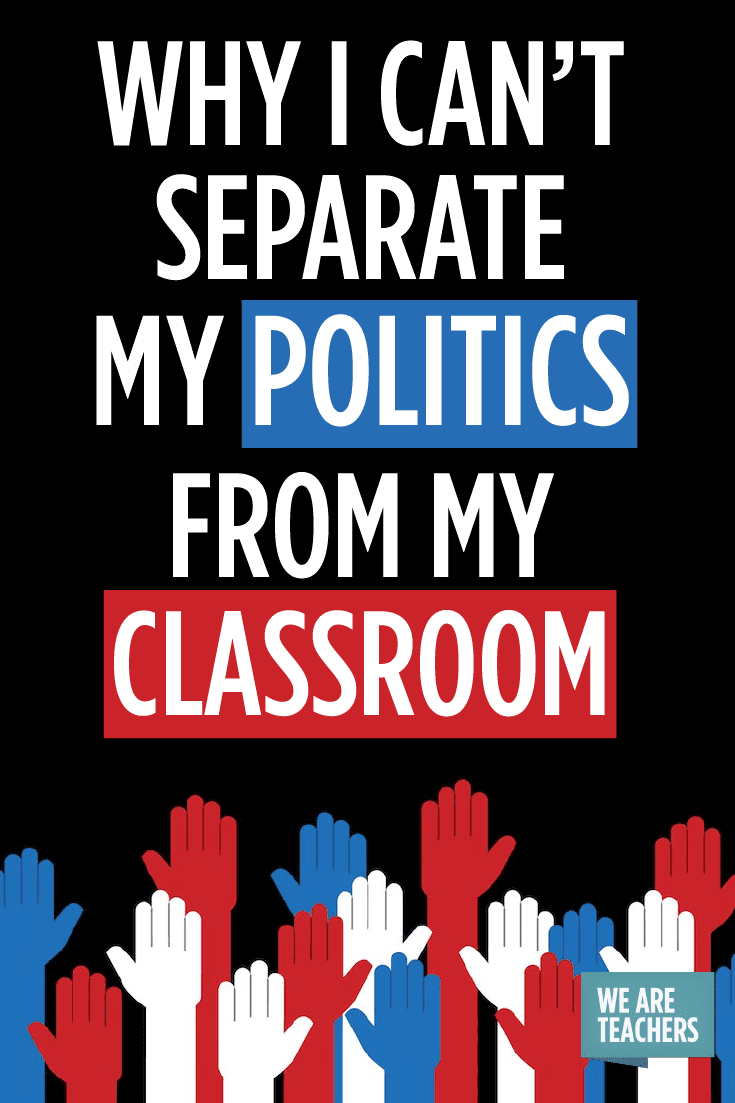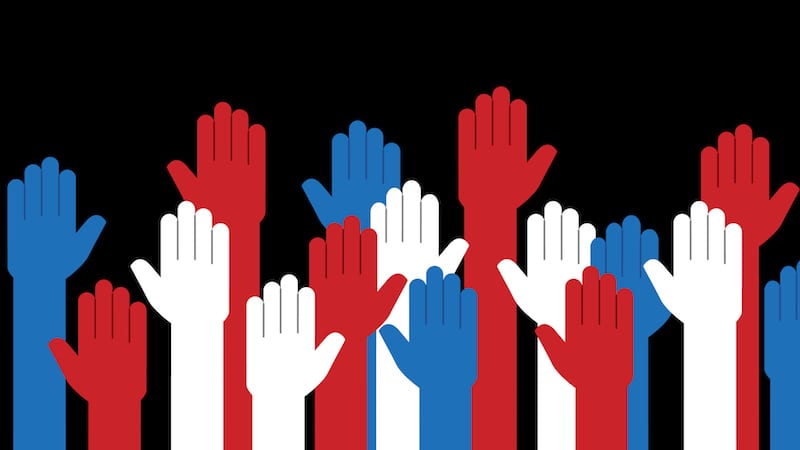I’m a political teacher at heart, but I won’t tell kids how I vote. I won’t tell them where—or even whether—I go to church. When it comes to politics in the classroom, I border on the fanatical about keeping things private. That’s because I believe that we have an alarming amount of influence over the minds of young people. That influence can’t be helped, but it should certainly be used responsibly.
I’ve never had a problem separating my politics from my classroom. But I didn’t realize when I started out how much my classroom would influence my politics.
Education was my major political issue before I was even old enough to vote. I assumed that would continue once I became a teacher, but I could not have been more wrong.
Don’t get me wrong. If we ever get a candidate who makes a credible promise to reduce standardized testing, I’ll vote for her wholeheartedly. But the promises to pay teachers more—promises that are never kept, anyway—don’t hold as much appeal as they used to.
Because it turns out, my interests aren’t the only ones that matter to me anymore.
You see, I have students who are Dreamers. They’ve lived here since they were toddlers, and they’ve worked incredibly hard to achieve goals that are now slipping away. How can I worry about my salary when Karina might be deported to the same town where her family members were murdered?
And I have students with chronic health issues. How can I vote based on my tax bracket when Mario could literally die based an election? And I have students who are poor or transgender or Muslim, whose interests have come to mean as much to me as my own.
I’ve also come to realize that voting for policies that help my students is voting in my own self interest.
My country will be a better place if Karina stays here because she is brilliant, and she has so much to give back to us. If Rodrigo is allowed to serve in the military, he will be the best Marine I can imagine, no matter what gender he was born. And letting Mario die because his family can’t afford dialysis will not make America great, no matter who preaches otherwise.
I have children of my own to raise as well, two of them. And I know that some people will tell me I should vote based on their interests, rather than those of my students. But here’s the thing; my bio-kids adore my students. How do you explain to a six-year-old that his favorite babysitter might have to leave the country? How could I look my daughter in the eye and claim that the kids she sees as older brothers and sisters don’t deserve the same rights that she enjoys because she was born in this country to a middle-class, Christian, white family?
It’s only good for my own kids if it’s good for my students, too.
I’ve alway been reasonably politically savvy and involved, but I never expected the extent to which my teaching experience would impact my politics. For me, at least, spending my days with the coolest bunch of hijab-wearing, Spanish-speaking, free-lunch-eating people I know has changed the way I see the political process—and those who run it—forever.
What’s your stance on how teaching has affected your politics? Are you a political teacher? We’d love to hear in the comments.

